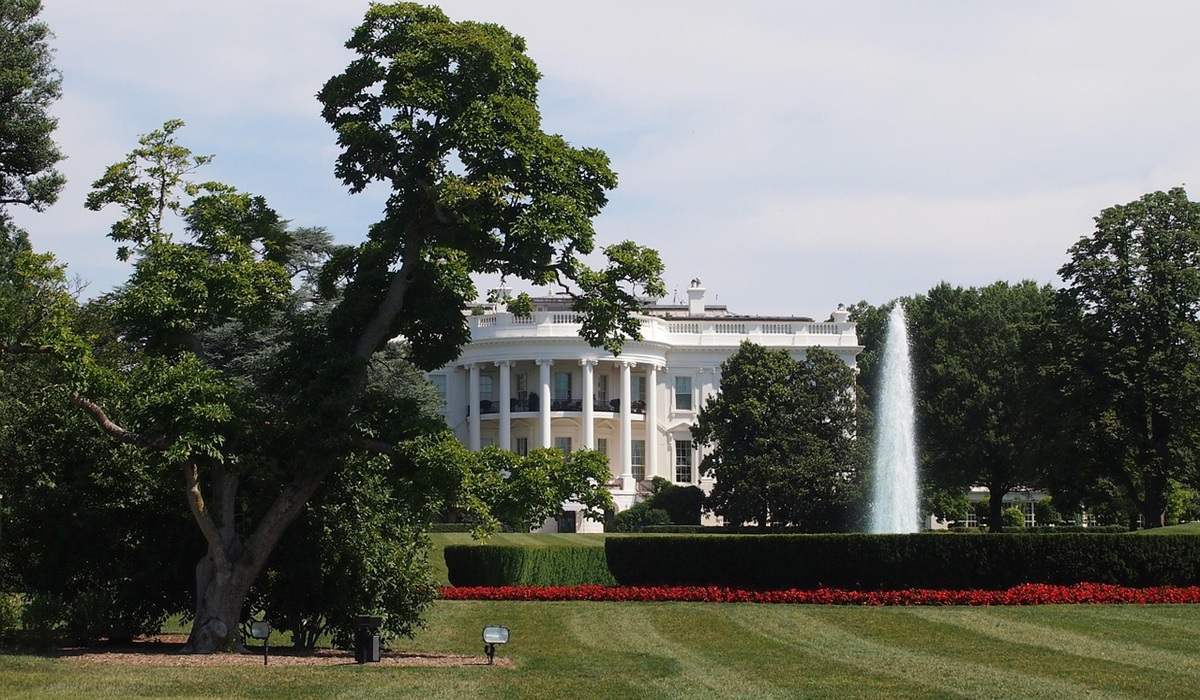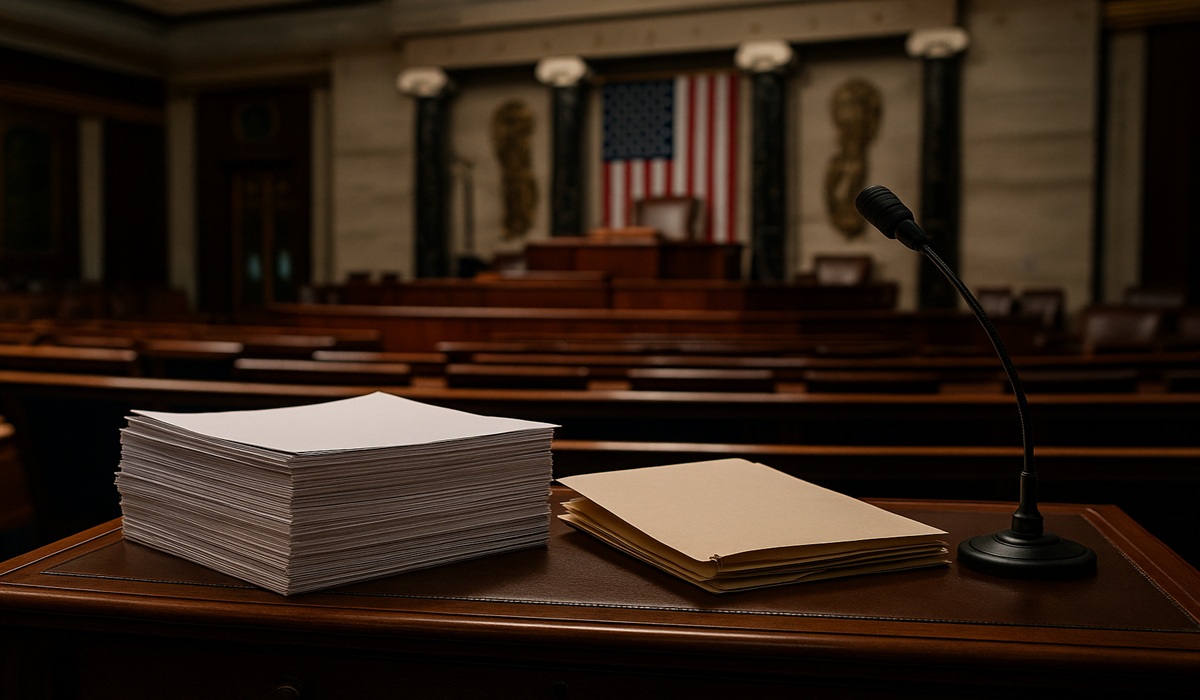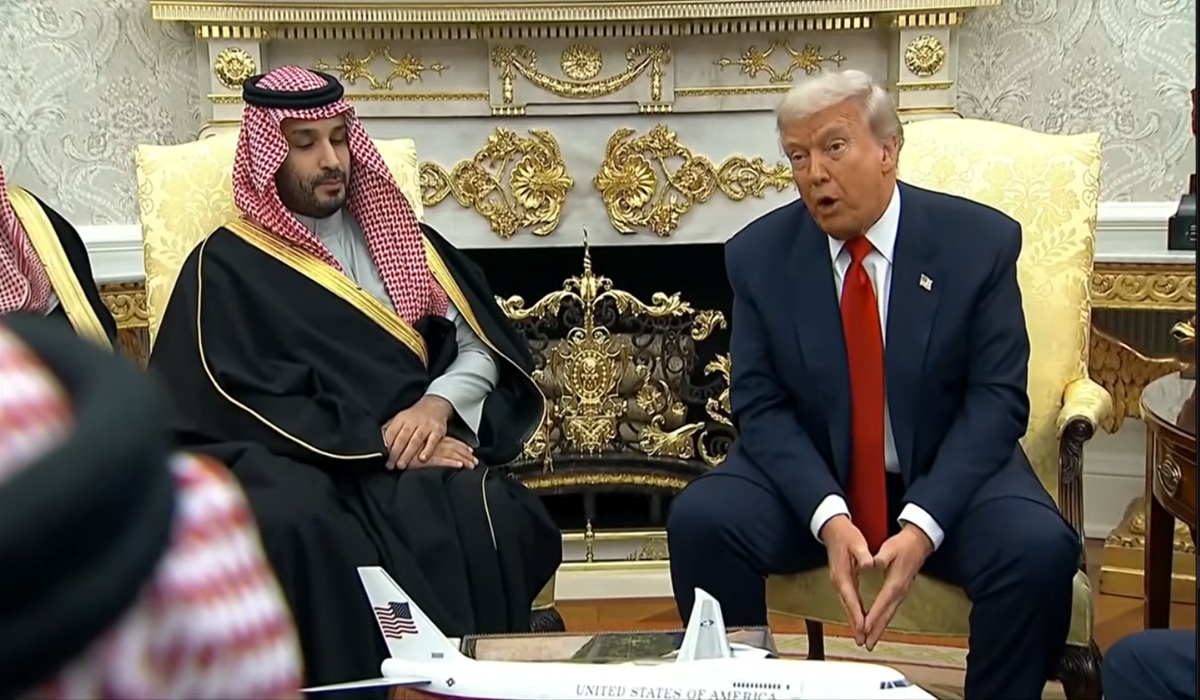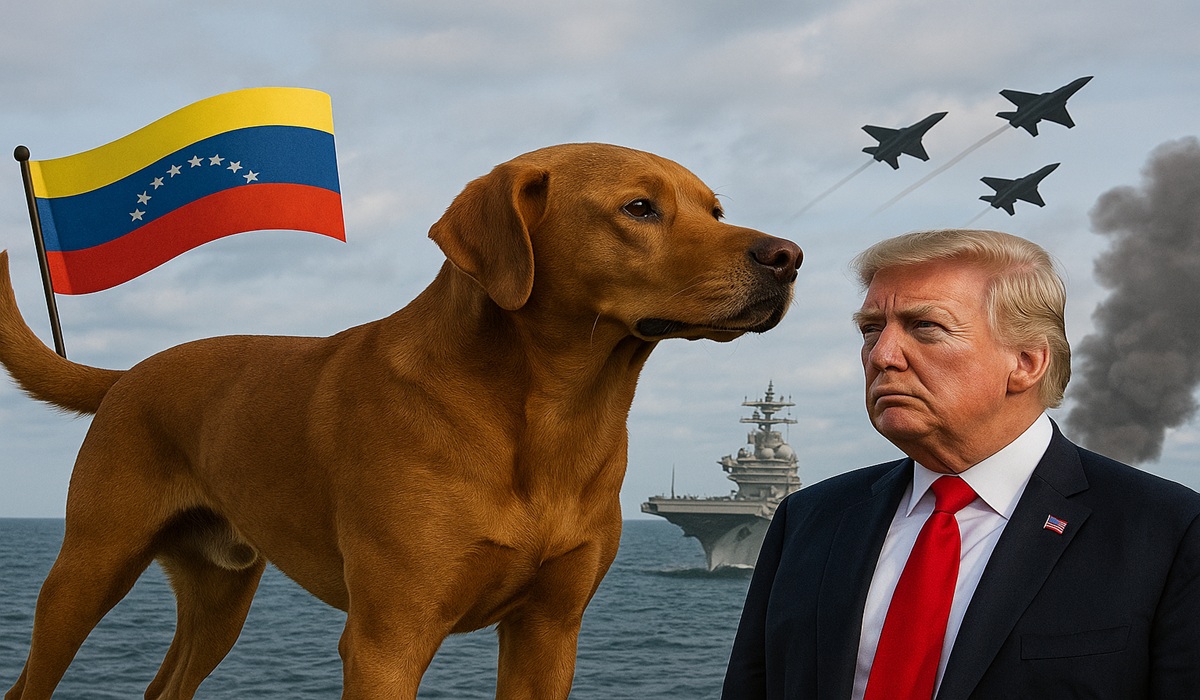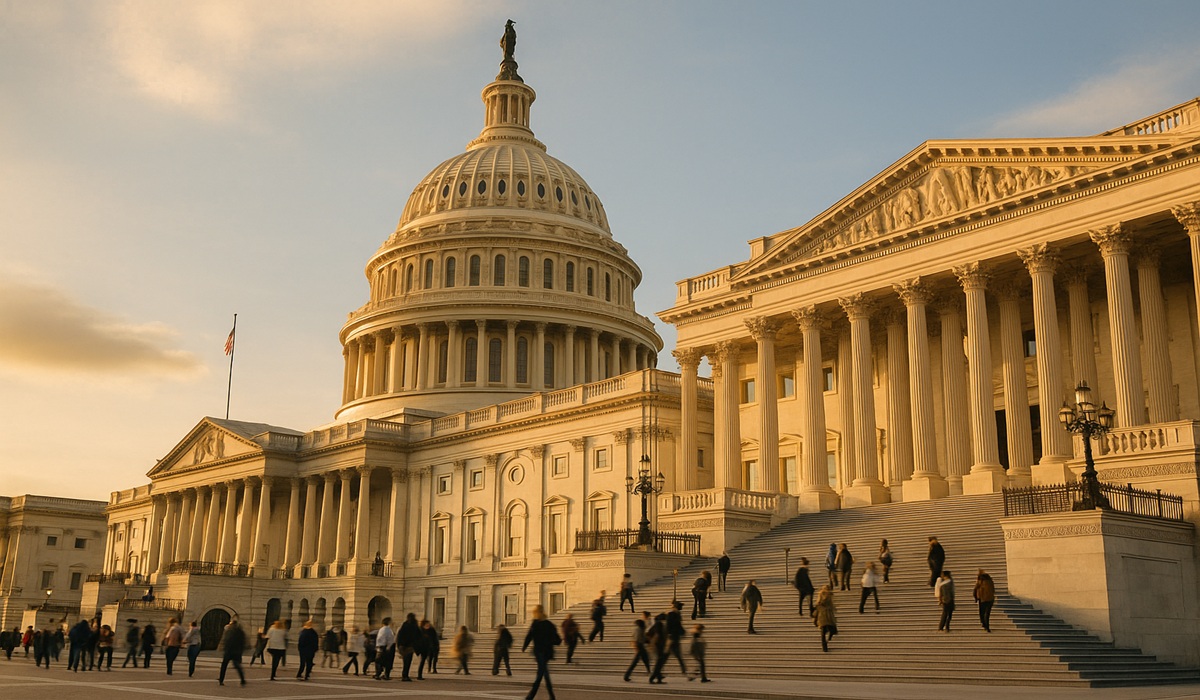The Nuclear Illusion: After the U.S. Strike on Iran, It’s Time for Accountability and Honest Diplomacy
- Naomi Dela Cruz
- U.S.A
- June 23, 2025
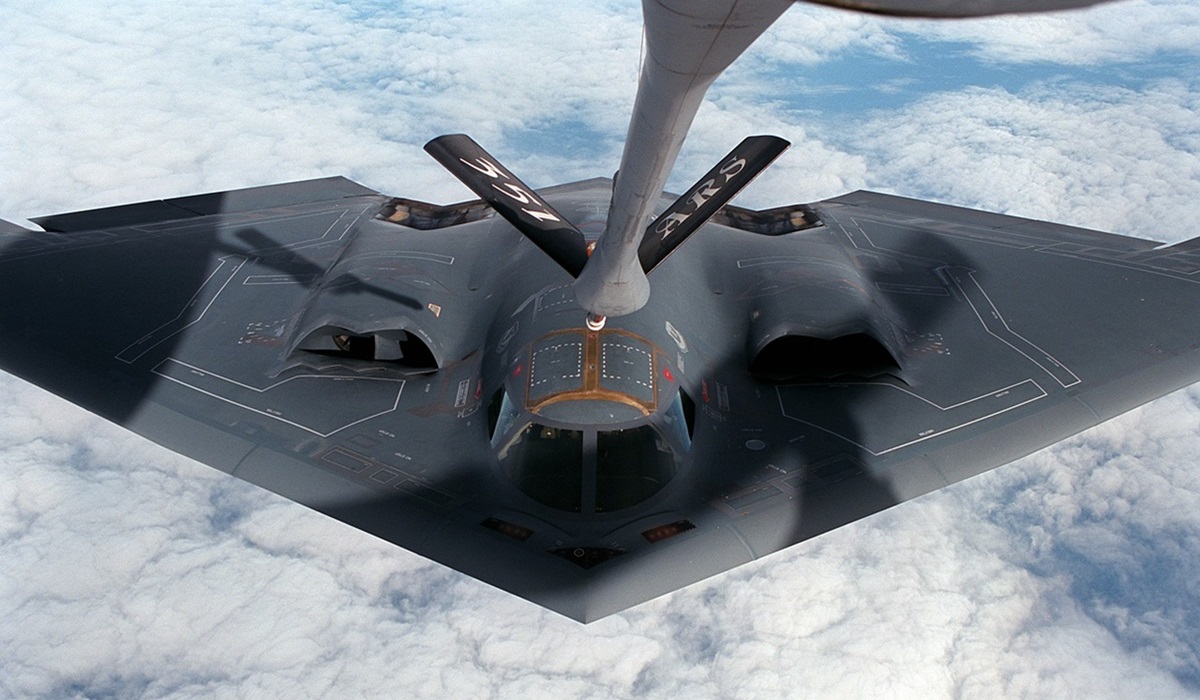
Image Credit: Defence-Imagery
Over the weekend, the United States crossed yet another dangerous line—it struck an Iranian nuclear facility. This act, reportedly carried out in coordination with Israeli intelligence, marks a grave escalation and sets back any hope of reviving diplomacy in the region. The strike, justified by vague claims of “deterring Iranian aggression” or “preventing a nuclear threat,” bears an all-too-familiar resemblance to the discredited rationale behind the 2003 invasion of Iraq. Weapons of mass destruction then, nuclear weapons now—both allegations lacking concrete, public evidence, both used to greenlight acts of war.
Let’s be unequivocal: Iran does not currently possess a nuclear weapon. That is not a theory—it is the consistent conclusion of the International Atomic Energy Agency (IAEA), U.S. intelligence assessments, and numerous global watchdogs. The 2015 Joint Comprehensive Plan of Action (JCPOA), signed by Iran and major world powers, had strict limitations on Iran’s nuclear activities and instituted the most intrusive inspection regime in history. Iran was in full compliance—until the United States unilaterally tore up the deal in 2018 under then-President Donald Trump.
The move was political, not strategic. By ripping up the deal, Washington undermined the very progress it had achieved. Iran, left without economic relief and facing renewed sanctions, gradually walked back its commitments. But it never crossed the red line into weaponization. The JCPOA was working—until it was destroyed.
What happened next was sadly predictable. Talks aimed at restoring the deal have been repeatedly sabotaged—not just by hardliners in Washington, but also by powerful voices abroad. Among the loudest is Israel, a country that is understandably concerned about Iran’s influence in the region, but whose actions must now come under scrutiny.
Israel is widely believed to possess nuclear weapons, yet it is not a signatory to the Non-Proliferation Treaty (NPT), and it refuses inspections by the IAEA. Iran, by contrast, is a signatory and had been under constant surveillance until diplomacy was torpedoed. This double standard fuels global resentment and weakens the credibility of any so-called international order.
For years, Israeli officials have warned of Iran being “weeks away” from building a bomb—warnings that have never materialized into verified reality. At critical moments in peace negotiations, Israel has taken covert or direct action to ensure talks collapse. The strike over the weekend is just the latest chapter in a longer story of obstruction. It signals not only the unwillingness of some actors to pursue peace, but also the disproportionate influence Israel holds over U.S. foreign policy decisions—especially in matters of war.
This is not about demonizing Israel. But it is about holding every nation accountable for its actions—including allies. The notion that one country can hold nuclear weapons in secret while demanding another be bombed for potentially pursuing them is not sustainable. It is hypocrisy dressed as strategy.
The strike on Iran’s nuclear facility will not make the world safer. It will embolden hardliners in Tehran, discredit moderates who supported engagement with the West, and push the region one step closer to a wider war that no one—least of all the American people—wants or can afford.
What is needed now is not more airstrikes, but a return to diplomacy based on transparency, mutual respect, and accountability. The international community must insist that any accusations be backed by independently verifiable evidence—not political pressure or media leaks. And any nation—whether Iran, Israel, or the United States—that undermines peace efforts must be called out and challenged.
The world remembers the lies that led to the Iraq war. We are not so quick to forget anymore. This time, the consequences of chasing ghosts of nuclear threats without proof could be even more devastating.
History is watching. The choice is clear: honest diplomacy or another generation trapped in endless war.

